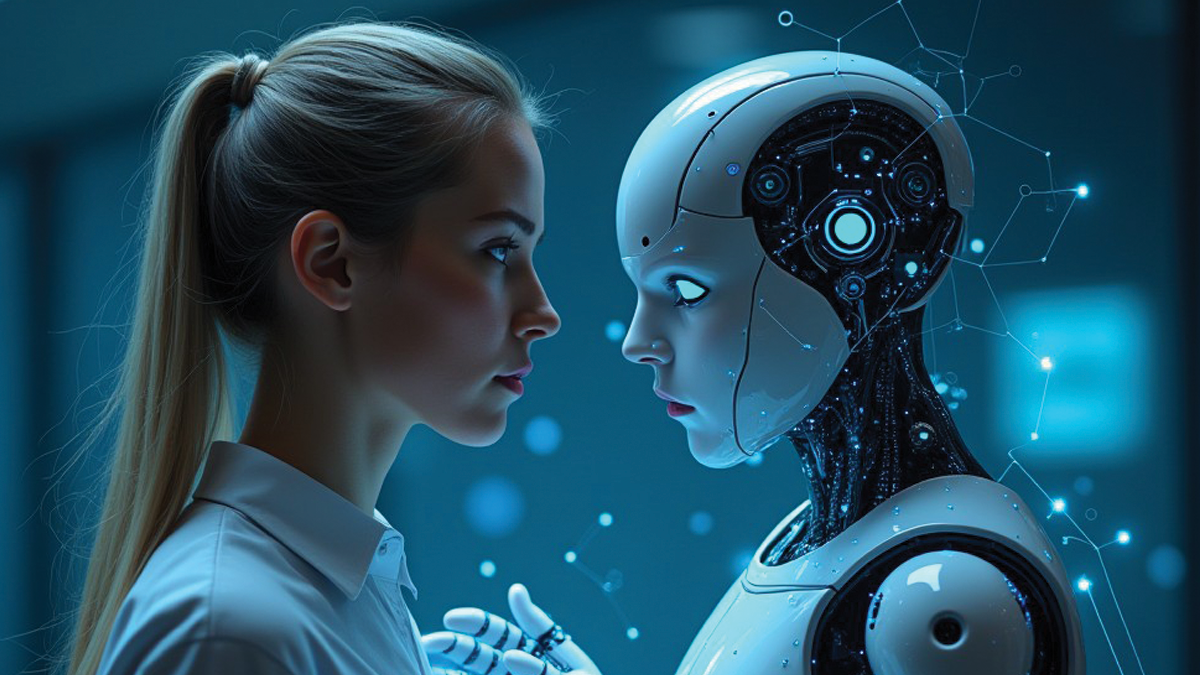To unlock AI’s full potential, you need to understand its capabilities and limitations.
Unlock Future of AI: How Artificial Intelligence is Shaping Our World
Artificial Intelligence (AI) has quickly changed from a small study area to a key force for innovation. It is transforming many sectors. Its influence permeates our daily lives, reshaping industries, enhancing decision-making processes, and reshaping human experiences. As we look to the future, it is essential to understand how AI is changing our world. We need to know its effects on society to use its potential well and effectively.
AI in Everyday Life
AI has infiltrated our daily routines in remarkably unobtrusive ways. Personal assistants like Siri and Alexa have changed how we use technology. They allow us to give voice commands, making tasks easier, like setting reminders or controlling smart home devices. Similarly, recommendation algorithms on platforms like Netflix and Spotify curate content uniquely tailored to individual preferences, enhancing user experience and engagement.
AI’s impact in retail is also significant. Predictive analytics allows businesses to forecast demand, manage inventory more effectively, and personalize marketing approaches. AI-powered chatbots enhance customer service by providing immediate responses to inquiries, improving customer satisfaction while reducing operational costs.
Revolutionizing Healthcare
The healthcare sector is among the most promising areas where AI is making an undeniable mark. AI technologies streamline diagnosis, improve patient outcomes, and optimize administrative efficiency. Machine learning algorithms analyze large datasets, including medical histories, genetic information, and treatment results. They help doctors make better decisions and personalize patient care.
Moreover, AI plays a crucial role in drug discovery and development. AI can process large amounts of data. This helps it find potential compounds faster than traditional methods. As a result, it cuts down the time and cost of bringing new drugs to market. The COVID-19 pandemic exemplified this potential, with AI tools helping to predict virus mutations and identify potential treatments.
Transforming the Workplace
As AI technologies evolve, their integration into the workplace reshapes job roles and organizational structures. Automating repetitive and mundane tasks allows employees to focus on higher-value activities, fostering creativity and innovation. This shift necessitates rethinking workforce training and development, with a growing emphasis on digital literacy and adaptability.
However, the transition is not without challenges. AI can automate jobs, which may cause some people to lose jobs. This raises questions about the future workforce and the need for new skills. Policymakers and businesses must team up to help workers gain the skills they need in an AI-driven economy.
Unlock AI: Ethical Considerations and Regulation
As AI becomes more integrated into society, ethical considerations and regulatory frameworks are imperative. We need to address concerns about bias in AI, data privacy, and decision-making. This will help build public trust. Biased AI outcomes can perpetuate societal inequalities, emphasizing the need for diverse and representative data in training algorithms.
Governments and organizations worldwide are beginning to take steps toward establishing guidelines for ethical AI usage. The European Union’s proposed Artificial Intelligence Act aims to create a comprehensive regulatory framework, focusing on mitigating risks associated with AI while promoting innovation.
The Road Ahead: Toward Responsible AI
Looking forward, the future of AI holds both incredible promise and significant responsibility. Collaboration between technologists, ethicists, policymakers, and the public will be crucial as technology advances. Focusing on transparency, accountability, and inclusivity in AI development is essential. This will help us reach its full potential and ensure it benefits everyone.
Moreover, we must remain adaptable, continuously reassessing our strategies and frameworks in response to the evolving AI landscape. As AI technologies improve, we must also understand their effects on society. This will help create a future where AI supports human experiences instead of harming them.
Conclusion
Artificial Intelligence is undeniably reshaping our world and holds the potential to drive unprecedented change across various domains. As we enter an AI-driven era, how we develop and use it will decide if it helps us or causes problems. The future of AI is not just about technology. It is also about how we use it in our society. This requires careful planning, responsibility, and a shared commitment to create a better tomorrow.


